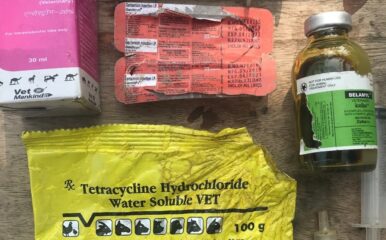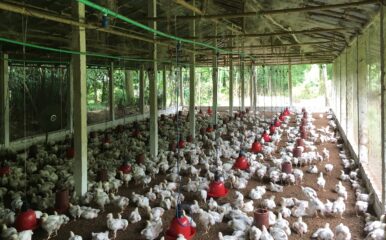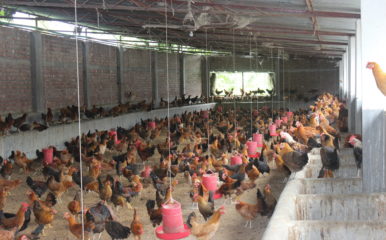
Politics and ecosystems need rebalancing so no more COVID-19s
Published on 04/08/2022
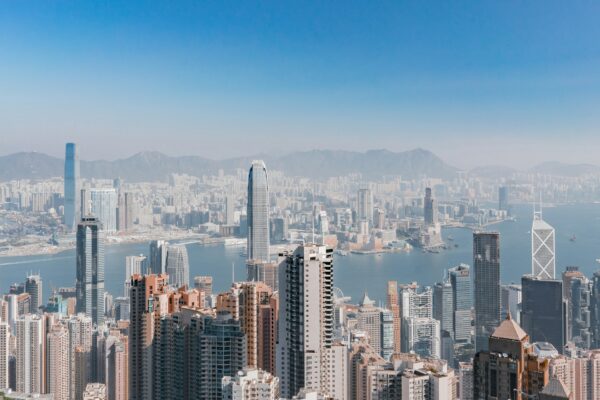
Ruslan Bardash/Unsplash
 This blog focuses on the ZOODLE word ‘COVID’
This blog focuses on the ZOODLE word ‘COVID’
The last two and a half years have changed our lives in ways that nobody would have imagined. Many of these changes have been negative, and at the point of writing we can’t be sure whether things will go back to the way they once were.
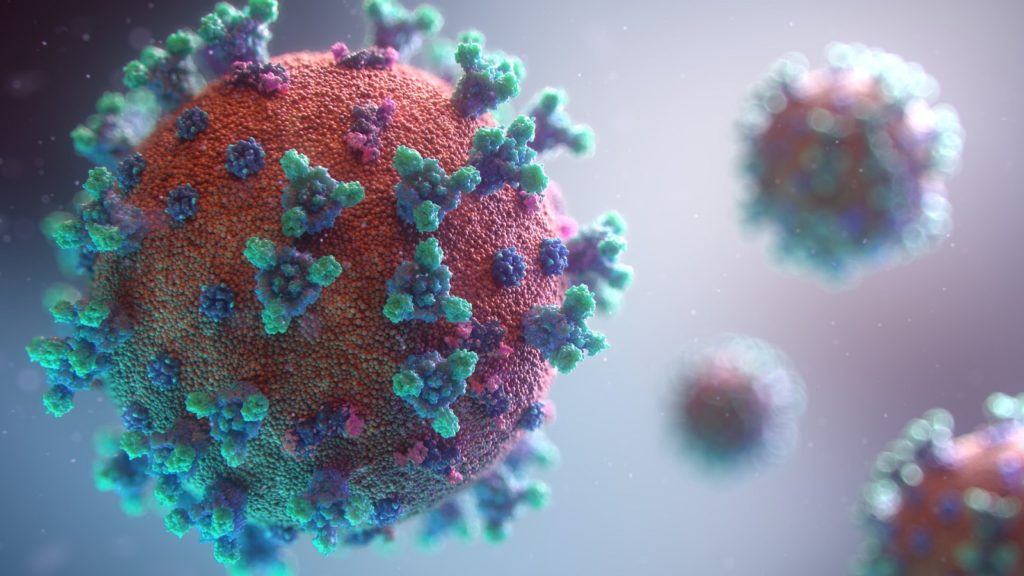
For me, living in Hong Kong, where it has always been said East meets West, this period has been a useful and interesting experience. Over the pandemic period, I have become much more aware of the dominance of western thinking and values in this globalised world and of how my interactions with people from other cultures are influenced by that.
I also now believe that this dominance of the ‘western’ perspective is one of the factors that compromise our ability to co-exist in a harmonious way as a global community.
COVID-19 responses
In politics, it seems to me that the concept of national sovereignty as defined in the Westphalian peace treaty in 1648 severely compromises our ability to effectively control infectious pathogens with pandemic potential. In fact, the diversity in control responses to the COVID-19 pandemic by countries around the world has shown how inept we are as a global community to effectively jointly manage the health of humans, animals and the environment. (This also incidentally applies to climate change.)
There is therefore undoubtedly a need for a global approach to One Health risk governance. The question for me is whether the increasingly bipolar global political landscape will allow for this to happen, with the West on the one side and rising autocratic regimes on the other.
Furthermore, even at local and national scales, the processes which most, if not all, countries use to define policies are poorly effective when considering highly complex impacts of interventions. This is not ‘just’ related to the many dimensions of human, animal and environmental health, but also to the economy, human freedom and rights. And all of these complex decisions should be based on accepted ethical principles (and even then, are those ethical principles informed by the values of the West or are they universally valid?).
Pandemic prevention
While the global community continues to be engaged intensely in pandemic response, the importance and cost-effectiveness of the prevention of inevitable future pandemics receives comparatively little attention. I personally fear that the priority of prevention will be even further reduced once this pandemic has been overcome (by which we most likely mean that we will have established a way of life in which SARS CoV2 is just another infectious pathogen that we deal with using routine procedures, such as annual vaccination).
Science-policy interface
The interface between science and policy is critical for our ability to effectively plan to deal with adverse events, including infectious disease outbreaks. In that context, I very much enjoyed Dr Gavin Yamey’s Heath Clark Lecture in which he described the utility of different approaches to manage the interface between evidence and policy.
I, as most scientists, primarily adopted a linear approach for the first 10 years of my career as an academic researcher: I produced the evidence, passed it on to policymakers and then moved on to engage in other research. But I came to realise very soon that this had a very limited impact on policy.
As also emphasised by Dr Yamey, I learnt over the past 20 years that in addition to this dissemination of knowledge, I needed to engage in dialogue with policymakers. I practised this while working with, and later for, the UK Government, while being an expert member of the Panel on Animal Health and Welfare of the European Food Safety Authority (AHAW), and through various activities with the Food and Agriculture Organization of the UN (FAO) and World Organisation for Animal health (OIE) in many countries around the world.
Admittedly, even this approach, which emphasises relationships between scientists and researchers, did not allow optimal translation of evidence into policy.
Participatory approach
In his talk, Dr Yamey introduces the participatory approach which requires scientists to develop an understanding of the complex systems within which policymakers work, so scientists know “where, how, when evidence fits into the system”. This should then result in co-creation of knowledge that is locally contextualised.
In the context of working towards a more effective science-policy interface, I am excited about the competence frameworks for policymakers and researchers which were just published by Joint Research Centre of the European Commission. It defines seven clusters of competences for researchers as well as policymakers: Advise the political level; Innovate; Work with evidence; Be futures literate; Engage with citizens and stakeholders; Collaborate; and Communicate, and all enabling innovative policymaking. I look forward to using these frameworks to inform the learning outcomes of training courses aimed at under- and postgraduates, and as part of continuing professional development (CPD).
Knowledge co-production
The holistic approach of the One Health Poultry Hub that aims towards understanding the complex interactions with respect to pathogen emergence and spread between humans and poultry in our study countries is very much consistent with the approaches outlined by Dr Yamey. By involving four countries, it facilitates communication between different social and cultural systems, and supports the learning from each other. Our approach aims to promote the co-production of knowledge amongst researchers.
In addition, we are actively working with government policymakers aiming for a participatory approach towards the development of evidence-informed policies. While this inevitably has differential results in practice, it is a major benefit of the Hub that we work in several countries and are therefore able to pass on experiences between partner countries in terms of what works and what does not.
The pandemic has taught the world a number of lessons. Chief among them is the realisation of how fragile the global ecosystem is now as a result of human impact and the incredible power of evolutionary forces, reflected in the emergence of infectious pathogens and their ability to neutralise many of our pathogen elimination efforts.
Human activities have vastly overstretched the ability of the global ecosystem to compensate for these effects, and I worry about our commitment and ability to assist the global ecosystem in finding a balance again. It will, ultimately, require us to work together much more effectively as a global community in trying to reconnect with the biosphere.

